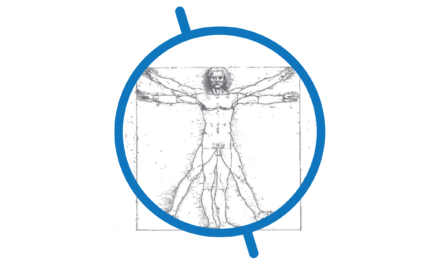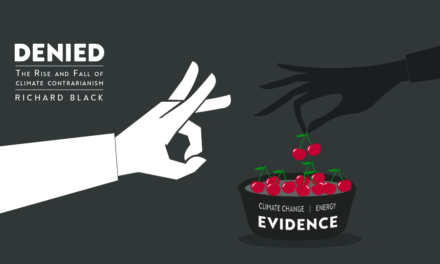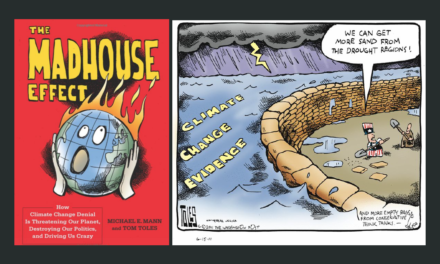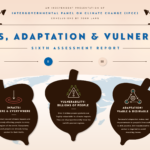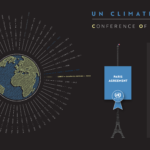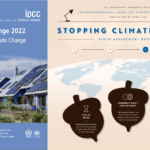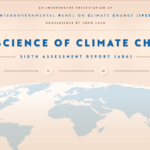The Economics of Climate Change
BY RICHARD HOBBS
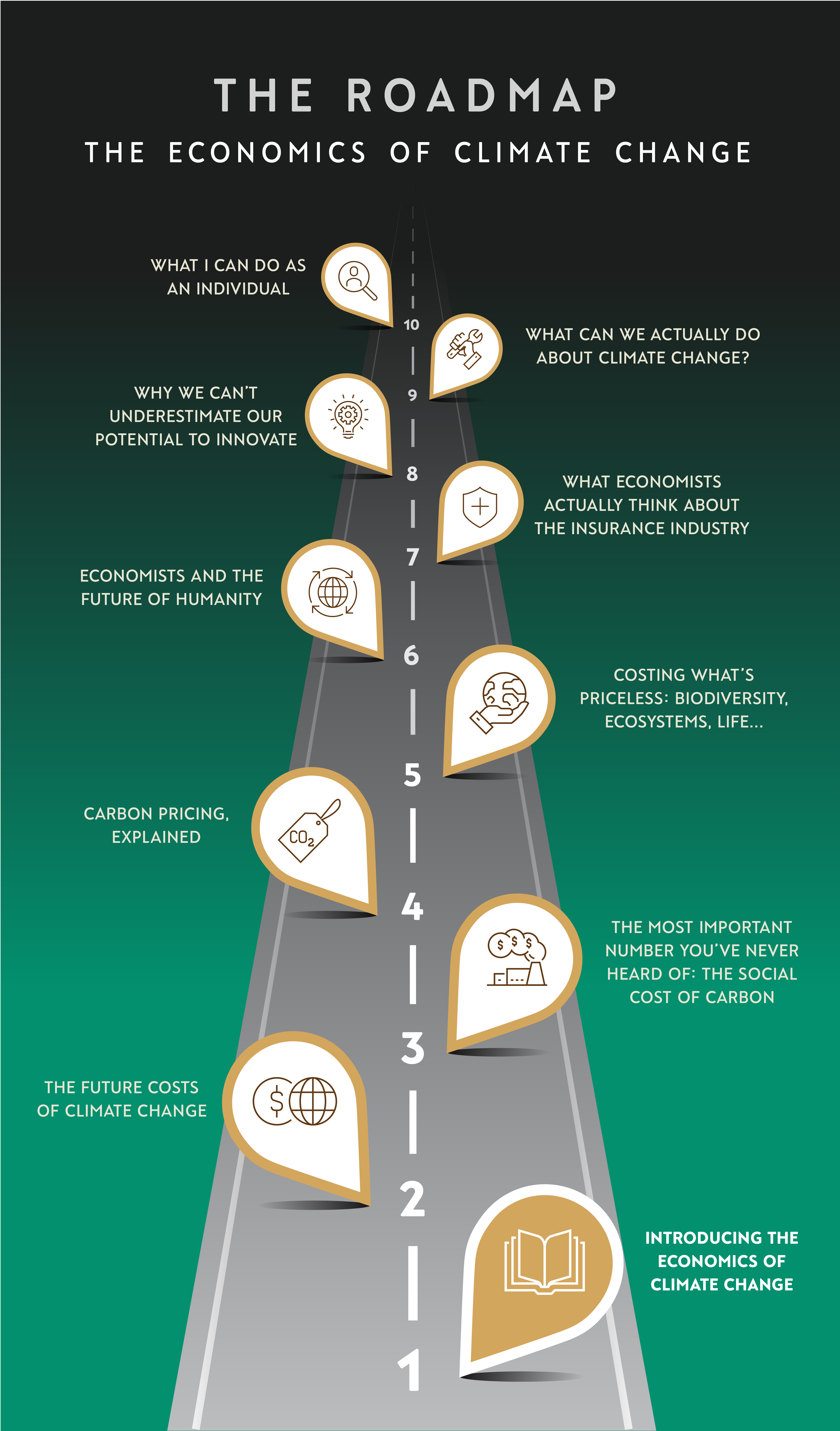
Over the next year, I’ll be producing a 10-part series on the economics of climate change with the help of the e-nvironmentalist’s founder, John Lang, and its designer, Will Pickering.
The economics of climate change is one the most complex and important topics that modern society must grapple with. The series aims to make this topic simple and accessible in order to offer an understanding of some of the most pressing issues facing humankind. Some of the questions we’ll be tackling:
- How much economic damage does one tonne of carbon dioxide cause?
- How much should we pay to avert the extinction of a species?
- What do economists propose is the most efficient way to deal with climate change?
- How do we balance the cost of actions to reduce climate change with the damages it’s likely to cause?
We will answer these questions (and fingers crossed, many more). This article is clearly the first in ‘The Roadmap’, and provides a brief summary of the articles we’ll be releasing. In sequential order, they are:
- The future costs of climate change. An assessment of the economic damages that our emissions are causing and will continue to cause (hint: It is well over $1 trillion per year).
- The most important number you’ve never heard of – The Social Cost of Carbon. An overview of the most important metric in climate change economics, the Social Cost of Carbon. This metric estimates the economic damage of emitting one tonne of carbon dioxide and is used by policy makers as a critical input to inform climate change policy.
- Carbon pricing, explained. What is carbon pricing? Why are so many economists strong advocates of carbon pricing? What is the link between carbon pricing and the Social Cost of Carbon? Here, we will explore these questions in depth.
- Costing what’s priceless. Insights into how economists quantify the economic damages caused by climate change. Importantly, it will hone in on how economists, in a rather macabre but necessary sense, price the death of humans and the extinction of species to estimate these damages.
- Economists and the future of humanity. An assessment of the ways in which economists think about quantifying damages that occur far out in the future. One of the most intense debates in the economics of climate change focuses on how much weight we should put on future damages relative to the present day costs to reduce those damages. In general, economists tend to place less value on damages that occur to future generations, often for good reasons which we will explore.
- What economists actually think about the insurance industry. An overview of how economists factor in less likely, but catastrophic climate change scenarios into their assessments of climate change economics. Just like you take out car insurance to protect against worst case scenarios, like writing off your car, many economists also consider how to factor in worst case predictions of climate change.
- Why we can’t underestimate our potential to innovate. In order to estimate the cost of addressing climate change, economists factor in the estimated costs to reduce emissions both now and into the future. Assumptions on the rate of technological innovation impact the forecast cost to reduce emissions. If we underestimate our potential to innovate we are likely to assume it will be too costly to reach ambitious emission reduction targets. This article will review how economists factor technological innovation into their calculations.
- What can we actually do about climate change? A deep dive into the mechanisms we have to address climate change at least cost. There are a number of policy options that governments can, and in some cases do, adopt to address emissions. Most of these options are informed by economists. This article will focus on what these policy options are and which ones are the most efficient to address climate change.
- What I can do as an individual. To wrap up the series we will focus on what it all means for you as an individual. What can you do based on what economists determine are the best actions to address climate change?
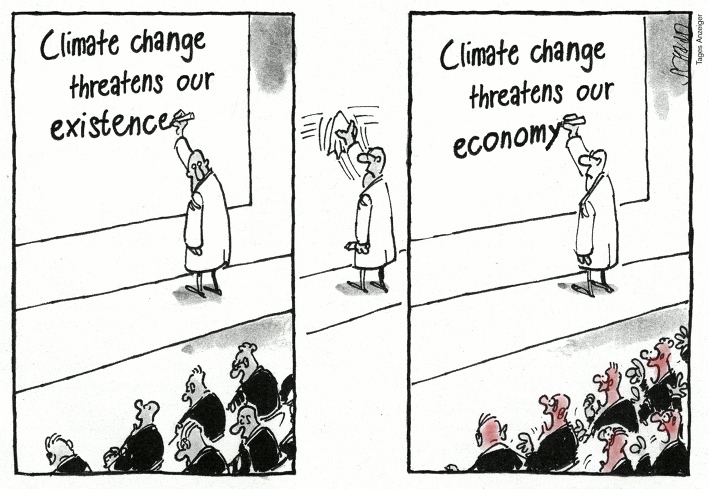
Source: Felix Schaad & Claude Jaermann
And one last thing. Please get in touch if you have a burning desire to learn about a concept we’re not yet addressing!
